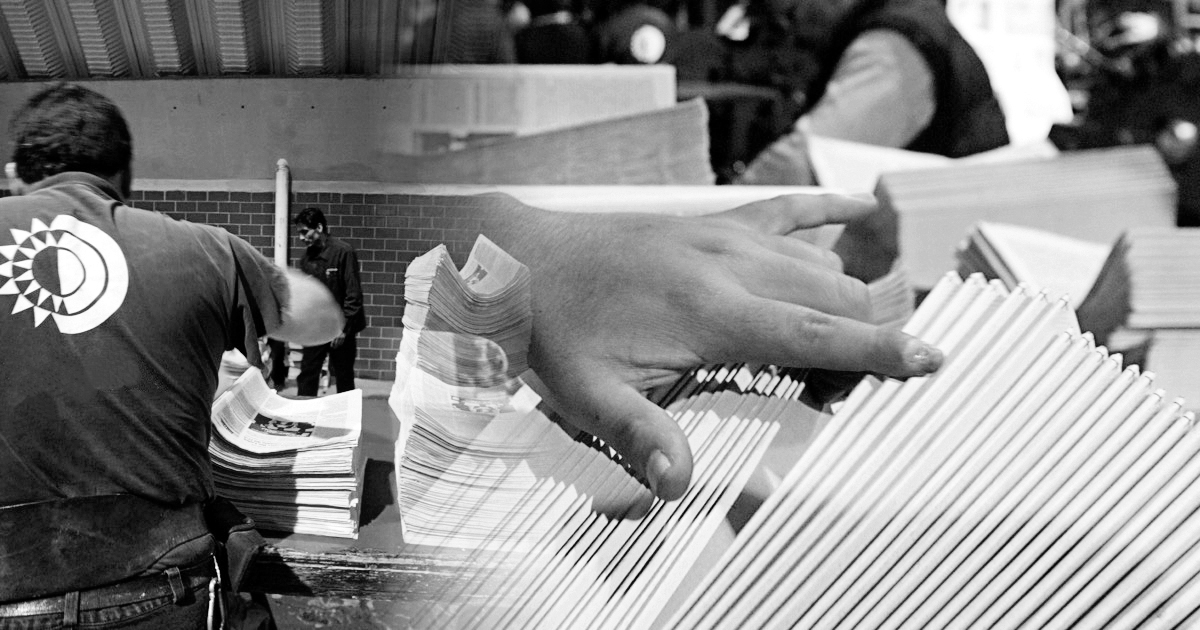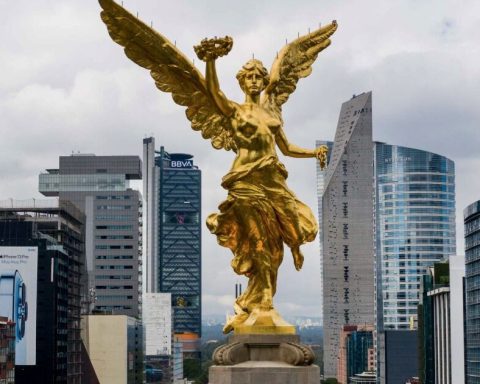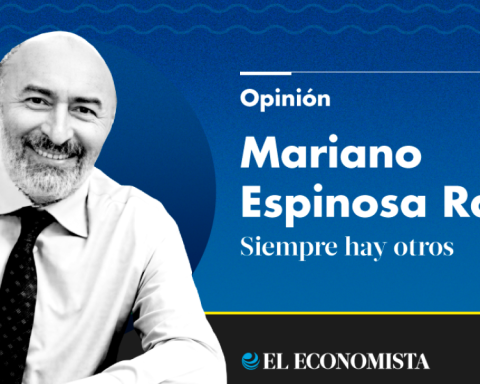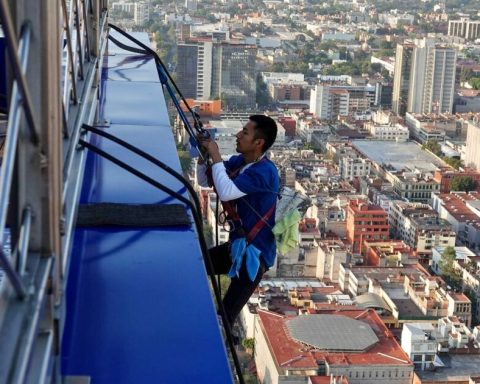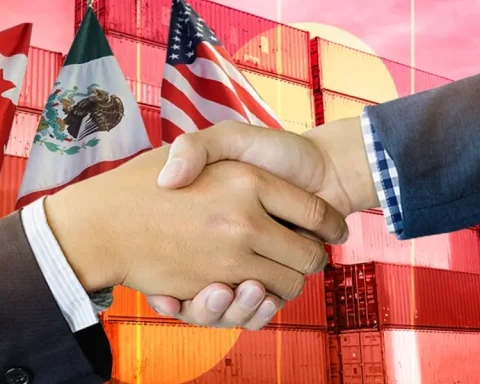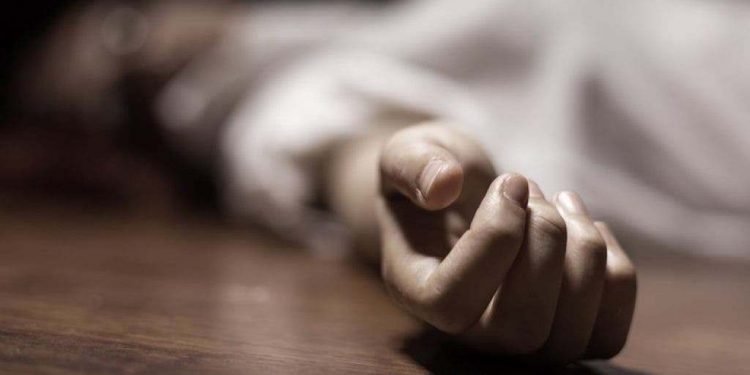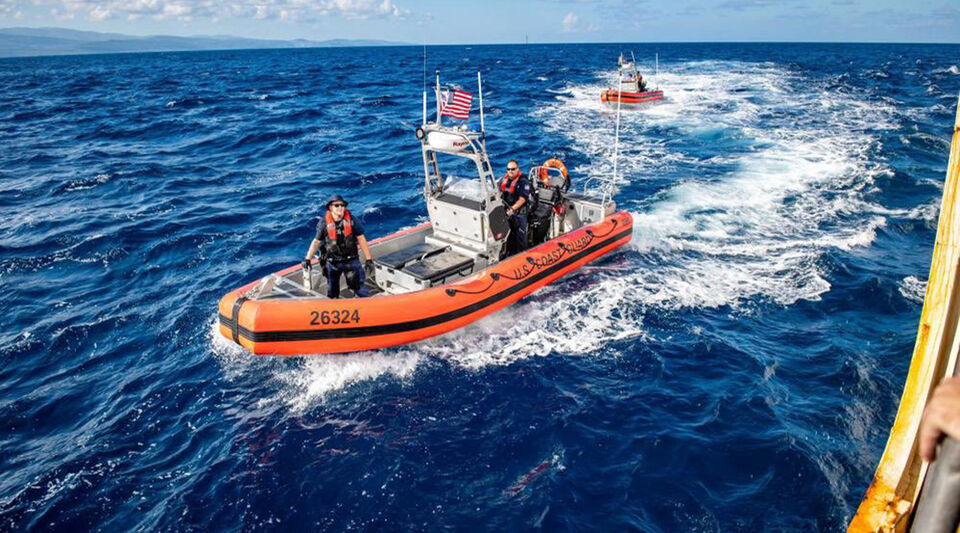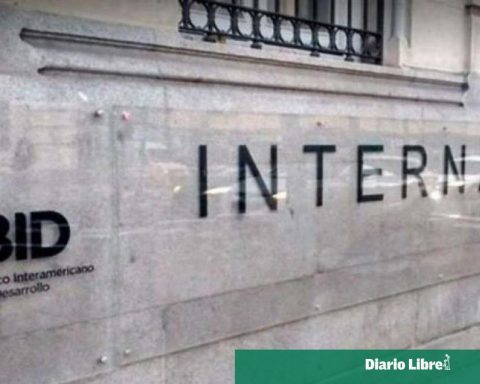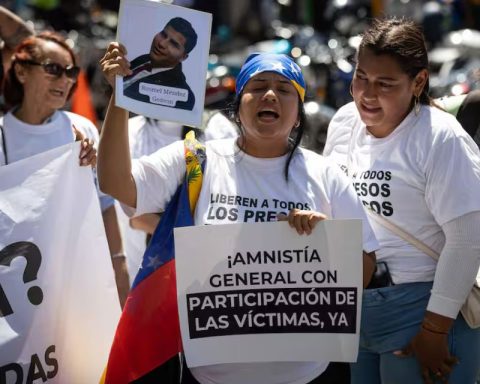h
Oh suicide and suicide. Between There is a great variety of suicides and suicides among presidents and heads of state, in the sense of many different personalities and many ways of committing suicide.
First, the physical suicides. These are also so varied that they can be antithetical. There are heroic suicides, like that of Getulio Vargas, for the second time president of Brazil, who loves the Brazilian people so much, his people, that, harassed by the local oligarchy, he decides to immolate himself for the popular cause, he leaves it written in his last letter and shoots himself in the heart at home (Rio de Janeiro, 1954).
And there are cowardly suicides, like that of Alan García (Lima, 2019), the theoretician of the wool arrives alone
, for the second time president of Peru, who despises those who accuse him of corruption, and calls them imbeciles and writes that he leaves his body as a supreme slight. They say that, in order not to turn himself in to the police who were going to arrest him by order of justice, he shot himself in the head, but that, regarding the corpse, no one saw it, just like – they say – in the cases of Pedro Infante and Elvis Presley.
Also among non-physical –or political– suicides, variety predominates.
That of Alberto Fujimori, who resigns from the presidency of Peru via fax from Tokyo (2000), where he has taken refuge with the luxurious booty of a decade, is actually the premise of a reincarnation, but it does not work for him. Apparently, it is not enough to be a shogun on the run, have a great fortune and have friends in the Yakuza to settle in the Japanese political universe.
Speaking of suicides, here the dictator lost the opportunity to honor his origins with a spectacular harakiri, and ended up imploring grace from a Lima jail, without returning a penny of what was stolen or asking for forgiveness from the relatives he had murdered.
While we are at it, we must not forget the (moral) suicide of Bettino Craxi, the leader socialist
Italian, who was forced, by the sweeping wave of manipulite to take refuge in Tunisia to avoid Italian justice. It was he who invented that politics is above all the art of business, that for the made in Italy it is lawful to sell your soul, that bribes are fair commissions.
However, it is necessary to note a mechanism that is repeated historically, although in different geopolitical contexts.
After the collapse of the Berlin Wall, European anti-communists – from troglodytes with clubs and stone axes to state henchmen – exulted and celebrated the victory
of capitalism. Among them, the Party Socialist
Italian, allied and aligned with Washington. In their triumphalism, they did not realize that, with thedefeat
After communism, the powerful – and expensive – containment structure that had fueled them from the Marshall Plan onward was no longer going to be necessary. With no further US protection, Craxi went into exile in Tunisia in 1992.
30 years have passed: we are in December 2022. The Peruvian Congress has carried out what seemed like the mission of its life: to vacate –according to Peruvian jargon– President Pedro Castillo Terrones, the rural teacher who embodied the aspirations of the people for the first time . It was to remove from a sacred place the cracked legs of a peasant son. The sad reality of the aversion towards President Castillo is called racism and it lies, like a snake, on the floor of almost all American societies, there, yes, north and south alike.
What a pity that black and Indian continue to be considered less, half a millennium later. The only counterpoison for racism – perhaps some government will understand it – is anthropology, love and curiosity for other cultures, those that we once called races and do not exist.
Well, the simple truth is that I wanted to talk about the greatest presidential suicide of these times, which is shaking Peru and writing an unforeseen end to a six-year (or twenty-year?) crisis. How biased is the information! The one on the left flies over – without stopping – over the televised message that Pedro Castillo gave on the morning of December 7, announcing a self-coup, that is, the closure of Congress, as the main obstacle to governability, the imposition of a curfew, the reorganization of the Judiciary.
It’s like jumping into a pool without knowing if it’s full or empty. Well, in this case, totally empty. Does Castillo want to repeat Fujimori’s self-coup on April 5, 1992? How can he be so naive, when he lacks the most persuasive argument: the tanks. Castillo has neither the army nor the police, which are immediately disassociated; he has no allied information (Fujimori had the so-called chicha press); he does not have a placet from the US embassy; he does not have masses or prepared groups. How can he aspire to success?
It is very difficult to find a label capable of describing this type of suicide. Above all knowing that that same morning Congress would have voted for the vacancy of the president but would not have reached the necessary votes. Castillo was about to win an important battle. Why did he want to lose the war, a 16-month war that has paralyzed the country and the nation?
Many voices are emerging from the current chaos: the popular protests block the main arteries and occupy the airports, demand early elections (and not in more than a year, as the new
President Dina Boluarte), are also calling for a new constitution. They are already paying with the first dead. Congressmen and the oligarchy celebrate their pyrrhic triumph
. They have not yet understood that for them there is no Mexico with open arms.
* Italian journalist
